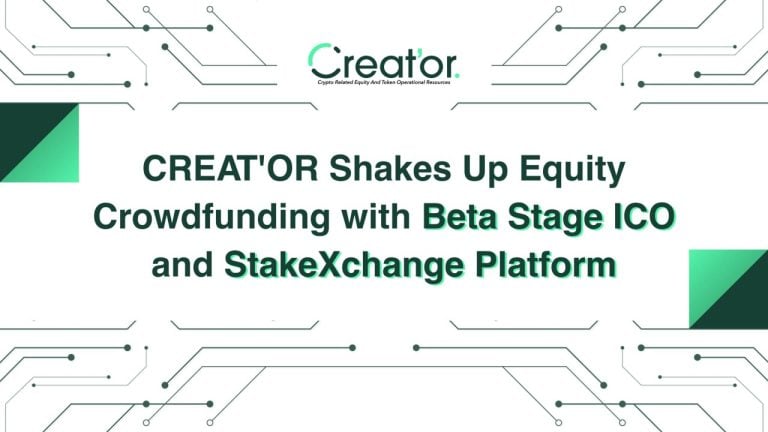
NITDA chief Kashifu Inuwa Abdullahi said it’s crucial to take proactive measures to harness AI benefits and mitigate threats.
In a bid for greater global recognition and domestic use of the Nigeria Payments System, the director-general (DG) of the National Information Technology Development Agency (NITDA), Kashifu Inuwa Abdullahi, has stressed the importance of collaboration between NITDA, the Central Bank of Nigeria (CBN) and financial institutions.
In an interview with Cointelegraph at the CBN’s 2023 Payments System Management Departmental Retreat program, Inuwa said collaboration is necessary to leverage emerging technologies such as artificial intelligence (AI) and data analytics to deepen digital payments.
Inuwa said financial technology (fintech) has shown it can help drive Nigeria’s performance in the industry and environmental, social and governance sectors, especially with the application of a developmental regulation approach and enabling policies co-created by the tech ecosystem.

Inuwa said it’s important for measures to be deliberately taken to reap the benefits and forestall the impending threats of AI, and he emphasized that NITDA will be working collaboratively with the CBN, as with others, in regulating the AI space. He added that if the CBN adopts a particular technology, the potential to move quickly is high.
Asked about Nigeria’s strategy around the opportunities and threats posed by artificial intelligence, Inuwa explained that the federal government had noted the trajectory of AI models, which have seen growth proportions shift from linear to geometrical. He added that the government had, in the previous administration, started working on an artificial intelligence policy through the agency, which he said would be soon unveiled to the public.
Related: Italian regulators investigate online AI data scraping
This AI policy will serve as the foundation for outlining rules, and agencies like NITDA, tasked with implementation, will discuss strategies, frameworks and guidelines for adopting and deploying artificial intelligence. Inuwa noted:
“Although artificial intelligence is often regarded as a double-edged sword, the potential and benefits are tangible but not without a lot of threats, and that is apart from the biases that abound, notwithstanding, our regulatory approach has always been not to stifle innovation.”
Inuwa, while citing a list of other policies of the federal government for the industry, claimed that the initiatives are startup ecosystem-friendly.
Nigeria’s Minister of Communications, Innovation and Digital Economy, Bosun Tijani, recently unveiled the 3 Million Technical Talent (3MTT) program. This is intended to offer over 1 million applicants the chance to follow an introductory AI course.
Magazine: Train AI models to sell as NFTs, LLMs are Large Lying Machines: AI Eye










